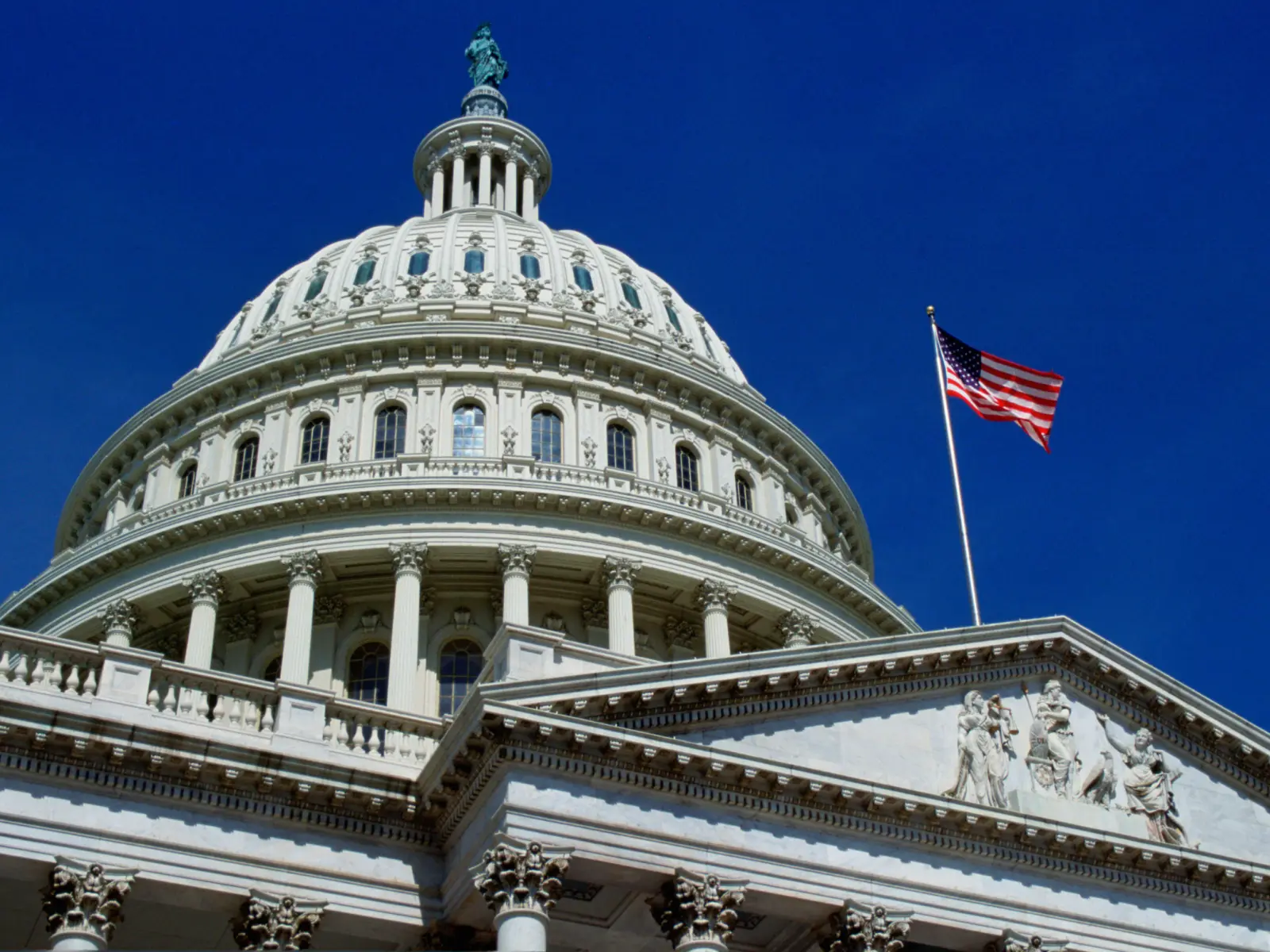As Congress continues to debate tax reform, here is one straightforward solution: closing the so-called round-tripping loophole. In a recent policy brief, AV executive vice president of public finance George Callas outlines how shutting down this loophole could raise $69 billion over the next decade – while leveling the playing field for American businesses and workers.
To curb offshore tax avoidance, the TCJA instituted the world’s first foreign minimum tax — the Global Intangible Low Taxed Income (GILTI) tax. This meant that the foreign subsidiaries of U.S. companies were taxed at 10.5 percent, half of the 21 percent U.S. corporate tax rate. This reduced rate was low enough to allow American companies to remain competitive in foreign markets, but high enough to discourage the most aggressive tax haven schemes.
But there’s a catch. Some multinational corporations are still gaming the system by shifting both production and profits overseas — then selling the goods right back into the U.S. market. This ‘round-tripping’ maneuver undercuts U.S.-based companies that manufacture domestically and pay the full 21% corporate tax rate. It also costs the U.S. Treasury tens of billions of dollars.
Congress can help manufacturers and simply close the loophole by restricting the special 10.5 percent GILTI tax rate to sales into foreign markets, while requiring foreign subsidiary profits on sales back into the U.S. market to bear the same 21 percent tax rate paid by domestic companies. Doing so would yield $69 billion over the next 10 years.
Closing the round-tripping loophole is one of the 20 policy recommendations we’ve outlined to help Congress do both: extend pro-growth tax cuts and pay for them responsibly. Together, these policy recommendations could save up to $4 trillion.


















